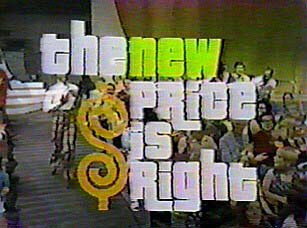
Now, you may look at these representations and come to the simplified conclusion that I think those from the Y generation are idiots and that our society is going downhill, but you'd be wrong. Many people actually believe this point of view to be true and justify their concerns with evidence about how Y's are unwilling to work hard, can't focus, and are clueless when it comes to social interaction (e.g. showing respect for their elders). But this is only a shallow view of what this group brings to the table.
The Bad Background: Y's were raised by wealthy, protective, and overworked Baby Boomer parents taking excellent care of them (or at least hiring someone to do so). As a result they have a great feeling of entitlement and little discipline. They don't believe in sacrificing today for happiness tomorrow. They want to be happy today and tomorrow. To go along with this is a deeply ingrained feeling of equality. In there eye's people are people; things like age are not significant or justifications for special treatment (remember these are the kids having temper tantrums in the market, yelling at their parents because they tried to stop them from getting Power Ranger cereal). Again this all sounds negative, but look a bit deeper and you may see things a bit differently.
- When studying spiritual literature one is constantly reminded of the idea of focusing on the moment instead of dwelling on the past or anticipating the unknown of the future. Y's do this naturally.
- Feelings of entitlement combined with equality create a high standard for all to live up to. What I mean is, that someone who feels entitled has high expectations for themselves irrespective of the work they do or sacrifices they make. When this is combined with broadly supported feelings of equality with no thought of age, race, and gender then these high standards are expected for all.
Now, these characteristics don't appear to be as bad as they did before, do they?. When you add to this that Y's are resourceful, creative and fully integrated into the systems that Boomers still can't fully comprehend, and X's barely have a handle on, you find a group that is truly unique and definitely not inferior. That is except in one area: Focus.
It still waits to be seen whether Y's will have problems focusing on anything for long enough to really make any sizable impact. This is where the information overload, lack of discipline and constant connectivity may have hurt our newest generation. Will they be able to focus there energy, attention, etc. for long enough to meaningfully improve the world? I don't have the answer but I'll leave you with these quotes about managing Y's:
"Generation Y doesn't care about how much you know, until they know how much you care."












